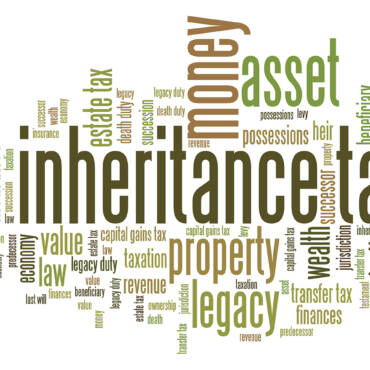Chancellor’s pension triple lock promise?
The chancellor, Rishi Sunak, has announced that the state pension triple lock will be reinstated next year, 2023. Sunak confirmed to the Treasury select committee on 28 March that he would apply the triple lock to the 2023/24 state pension increase.
The triple lock is a government commitment to raise the value of the state pension every tax year by the higher of: inflation, average wage growth or 2.5%. There is a statutory requirement to uprate the basic state pension and new state pension every year, which was introduced in 2016.
The move will see pensioners get a bumper pay rise, as well as lifting the state pension above £10,000 for the first time, in all likelihood. The chancellor’s announcement is obviously very positive news for all pensioners receiving their State Pension.
As, in effect, the chancellor has now given state pensioners further assurances that next April, they’ll benefit from the full state pension triple lock. The work and pensions secretary had already made a similar commitment, but pensioners will be relieved to hear this repeated by the chancellor who ultimately holds the purse strings.
The announcement comes after the government temporarily moved to a ‘double lock’ from the April 2022 increase because of pandemic related distortions in national average earnings. In April 2023, the increase will then return to the highest of earnings growth, price inflation or 2.5%. The inflation figure used will be that for the year to September 2022. It’s widely expected that inflation will continue to rise this year, peaking in the Autumn at potentially over 8%. This could well provide state pensioners with their biggest increase ever and will allow them to catch up for this year’s relatively low increase, albeit after waiting a year.
Even though pensioners will be relieved by the latest commitment to reinstate state pension triple lock, they face a difficult period in the coming years. As the chancellor’s Spring Statement offered little help for most pensioners.
State pensions are financed on a ‘pay as you go’ basis with today’s workers paying for today’s state pensions through National Insurance contributions. In the recent Spring Statement, the chancellor announced the lower threshold of earnings on which employees pay National Insurance will rise in July by a huge £3,000 to £12,570, a welcome help for workers facing the cost-of-living squeeze.
But it will also mean lower NI receipts, so less money will be available to pay state pensions. While we now have confirmation the triple lock will be reinstated next year, it’s still to be seen if the commitment will survive in future years, particularly if earnings and price inflation remain volatile and unpredictable.
Pensioners are also likely to face a tough year ahead based on the latest forecasts from the Office for Budget Responsibility. With most Pensioners set to face a financial rollercoaster in the coming years with a tough squeeze this year followed by a catch-up next year.
Take care everyone!
Craig


